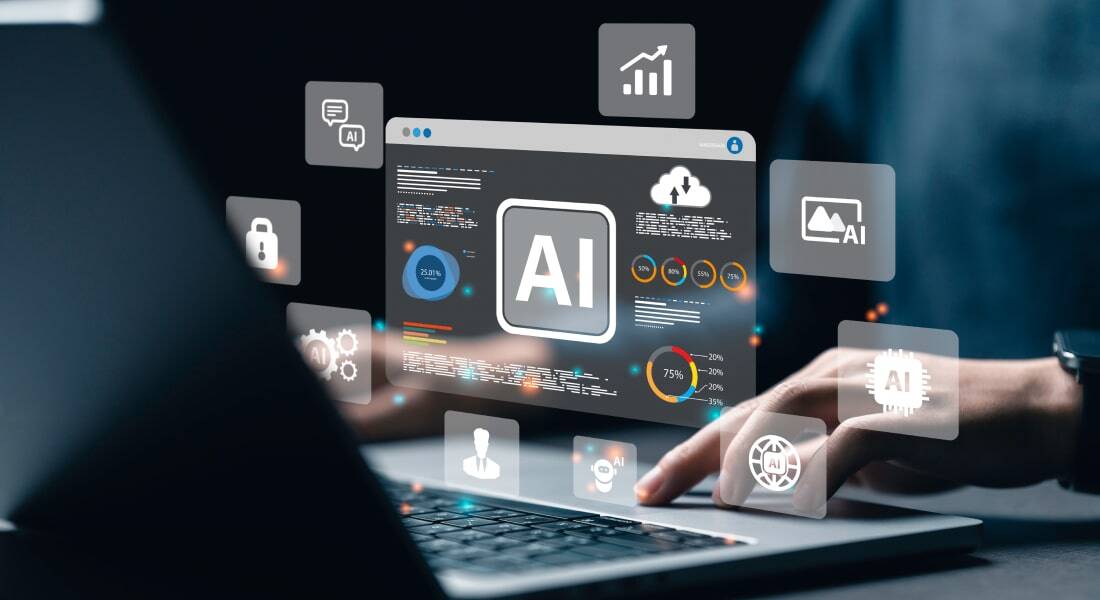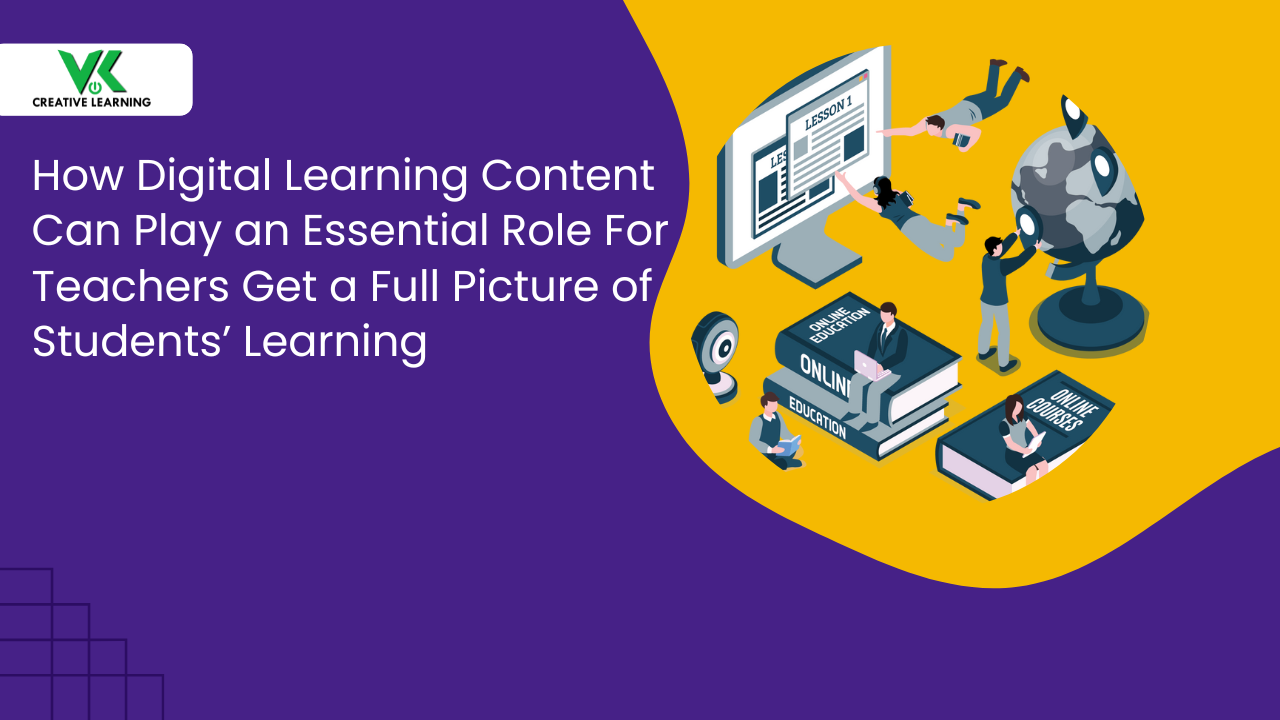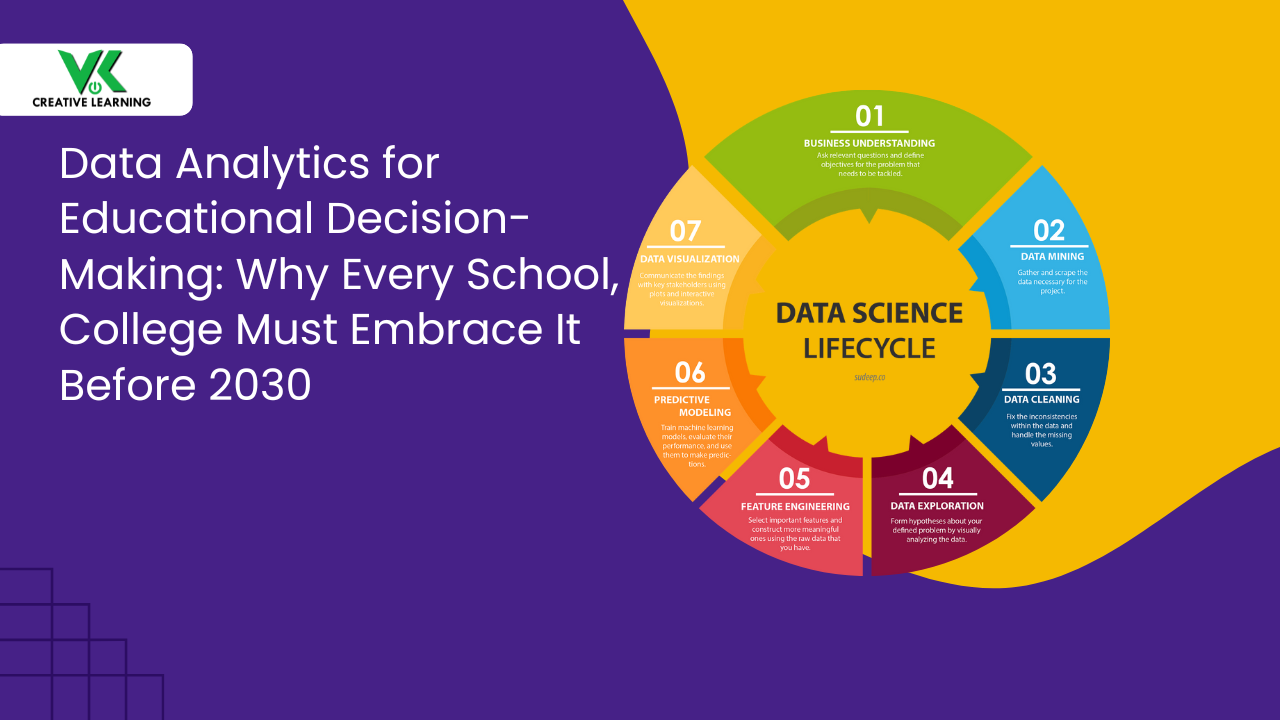LXP vs. LMS: Which Fits Your eLearning Strategy Best?
December 18, 2024
Online platforms in many ways have completely changed the way training as well as education is rendered. However, the fact remains that it has its own set of challenges to deal with. This is especially true with the emergence of new tech.
Precisely, despite the swift development in digitization, many learners face multiple problems related to engagement with content. Also, the adaptability of the created course with learners and personalization of content as per the learning style of learners stand as hurdles. These problems can be overcome by e-learning course providers with LMS and LXP – explained later.
In addition. online learning often comes up with one-size-fits-all courseware, which leaves diverse learners in the lurch. Mainly because such type of static course materials can fail to motivate learners in terms of learning more.
Moreover, it can make the knowledge-absorbing process less interesting. Furthermore, the absence of a collaboration platform facilitating peer-to-peer interactions can make a huge difference. In fact, this would limit upskilling – an essential need for real-world skills.
Additionally, monitoring how the learners are performing without involving automated tools can make tracking progress tedious and inefficient. Elaborately put, instructors would face problems from the angle of identifying gaps in learners' understanding. This occurs owing to limited analytics – a must for learners’ advancement analysis.
Meanwhile, with lots of text and minimum examples and explanations, knowledge-gainers can frequently experience information overload.
Without a proper interface, learners could find it pretty tough to navigate through vast libraries of courses – how inconvenient.
With all these, it becomes a tough job for educators and firms to provide content suited for different learners. These learners can be learners who prefer to learn by watching visual course content. On the other hand, there can be learners who prefer to learn by experimenting or practically.
Thus, knowing these reasons, e-learning course providers include advanced platforms. And guess what, they make the lives of learners easy from a learning perspective.
Learning Management Systems (LMS) and Learning Experience Platforms (LXP) are key players in virtual courseware. They are employed by e-learning platform providers as they offer multiple useful features.
In fact, they act as digital classrooms in terms of providing advanced online tools and friendly platforms for users.
The best part: multiple elements in the e-learning platform aim to solve specific problems with custom-made features. For example, an LMS can track student progress (assignments, attendance, grades). On the other hand, an LXP offers personalized suggestions (learning paths, video playlists, interactive quizzes).
Both systems work to simplify managing courses -- instructors get organized schedules, while learners access helpful materials at their fingertips. But here’s the icing on the cake: they generate curiosity among learners to learn more and upskill quickly.
We shall dive deep into the useful features of LMS and LXP -- lifeboats for struggling learners in the subsequent sections. These tools are included by e-learning course providers as they make learning smooth, fitting individual needs.
Table of Contents
What Are LMS and LXP in E-learning – An overview
1. Understanding LMS: A Foundation for Structured Learning
2. Streamlining Training Across Locations
3. The Shortcomings of LMS Platforms
4. LXP -- Advanced Customization:
LMS vs. LXP: Understanding All the Key Differences
1. Purpose and Focus
2. Content Delivery
3. User Interaction
4. Flexibility
What Are LMS and LXP in E-learning – An overview
Understanding LMS: A Foundation for Structured Learning:
LMS serves more like a one-stop solution (consider it a hub, portal) for multiple purposes for educational teaching and training. The best part is that it turns out to be a perfect fit when it comes to training programs. That is, it comes in handy where compliance (rules, policies, regulations) and progress tracking matter a lot and are kept on top priorities.
Organizations can depend on e-learning LMS to ensure that there is uniformity in training content and that accessibility to all departments in the firm is smooth.
Thus, it is a unified system having multiple features that make workplace tasks simpler! It is similar to having all essential learning tools in one tidy corner that saves both time and effort.
Streamlining Training Across Locations:
Picture this: a big company has a plan to onboard many employees who are located in different locations (cities, countries, offices). An LMS e-learning comes into play to smooth things out as it allows to host training to newbies.
These new recruits can access the course materials anytime, anywhere -- how wonderful is that! The differentiating factor: it enables tracking the progress of the students/trainees like a hawk watching prey. This ensures that every learner stays on the same page -- they don't miss out on anything.
The Shortcomings of LMS Platforms:
LMS platforms are capable of handling multiple tasks neatly -- similar to automated grading, certifications, and course delivery. However, they can often miss the boat on learner engagement (specifically interest, attention, and interaction). This happens as customization of certain aspects of learning may not be possible.
For example, users might go through a course quickly but there is a chance that end up feeling like they’ve been reading from a dry manual.
Thus, complete customization (advanced form) turns out to be the missing ingredient in LMS e-learning. Hence, there is a chance that without it, interactivity takes a backseat.
A learner might finish a course but feel disengaged due to limited interactivity. To bridge this gap, custom eLearning development services design tailored modules within an LMS framework.
LXP -- Advanced Customization:
An LXP (Learning Experience Platform) focuses on making learning interesting for learners. Reason: it considers the different preferences of learners seriously and uses smart technology (like advanced algorithms).
Then, it suggests courses that aptly fit their goals and interests -- kind of customized course suggestions. It lines up just the right content for learners: handpicked and designed to make things click.
For example, consider a situation wherein a manager wants to brush up on leadership skills. In such a situation, an LXP might display the best-suited AI-recommended videos (maybe in 3D animations) on negotiation.
This multimedia may contain detailed guides on team building along with quick courses on communication (practical leadership tools). Thus, all suggestions by LXP are not just about clicking through lessons, they are about relatable content that motivates continuous discovery.
LMS vs. LXP: Understanding All the Key Differences
Purpose and Focus
The major differentiating factor between LMS and LXP can be attributed to their core purpose -- two sides of the same coin. Elaborately put, LMS's core aspect is its capability to render on management of different tasks (examples include: course assignments, tracking, and reporting).
On the other hand, LXP provides features based on learner-friendliness (captivating and personalized learning setups).
Thus, e-learning course providers mold a virtual platform based on the preferred choices of clients. If a firm wants an orderly library, LMS can be the go-to option.
On the other hand, if a company prefers open resources (tailored to meet preferences) for learners, then LXP can work for them. This way e-learning platform providers can help to meet the diverse learning needs of varied clients.
Content Delivery
LMS is like a train running on a strict schedule (or tracks that run on a fixed line). That is, its prerequisites are pre-made courses and instructor-developed modules that ought to be uploaded.
LXPs, however, offer a variety, bringing varied types of learning materials on a platter. This way learners have the choice to pick from articles, videos, or even podcasts (other examples: eBooks, webinars, or case studies). It gives the liberty to the learners what they want and when to learn -- personal choices are given special consideration!
User Interaction
If LMS focuses on isolated tasks preferred by admin -- a solo journey, then LXPs can be compared to bustling cafés -- with interactivity and liveliness. Importantly, collaboration is taken into account by including platforms such as discussion boards and peer feedback.
Hence, e-learning platform providers include it to assist group projects and virtual meetups. LMS, on the flip side, keeps it simple -- handing over only what is needed as per the needs without much chit-chat.
Flexibility
LMS turns out to be a road with rigid signposts (pre-decided learning tracks). Hence, in this case, all learning materials are devised to follow a curriculum in a structured format.
Meanwhile, LXP offers a world of multiple paths that learners can explore. This allows them to dig deeper into various topics that they are not acquainted with (examples include: trending technologies and communication skills). This way LXP can adapt to modern learners’ preferences in terms of learning.
Thus, LXP offers custom modules (necessary topics are catered) with interactive content. The content is adjusted so as to fit what learners need.
Conclusion
LMS (Learning Management System) and LXP (Learning Experience Platform) can work in tandem assisting in gaining knowledge -- each playing its own role.
LMS becomes useful while organizing courses, tracking progress, and ensuring compliance (following rules, standards, and deadlines).
On the other hand, LXP sprinkles excitement by boosting engagement (interactive content, live quizzes, and challenges) and making learning feel more adaptable.
Together, when these two elements are combined together as per the requirements, they could be used to serve the learning needs of every kind of learner.
If your company is planning to incorporate either LMS or LXP in training or for educational purposes, you can contact e-learning platform providers such as VK Creative Learning to develop a virtual training platform.



